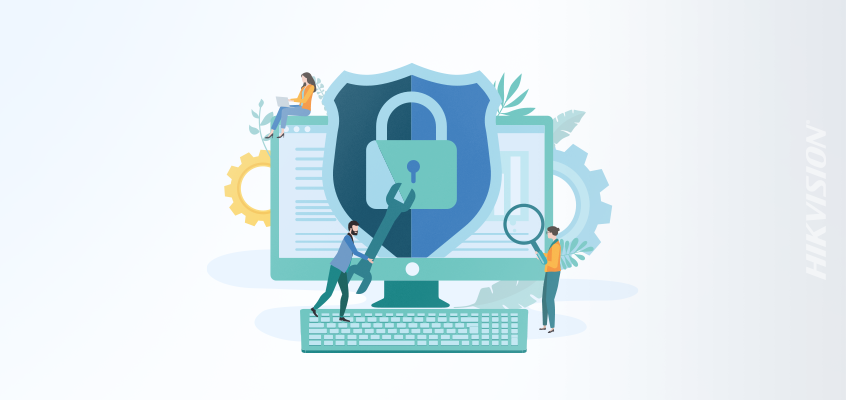Canadian Security Magazine Offers Insights to Prevent Password Hack and Security Breach

Hikvision on Using Password Managers to Prevent Hacks
The Canadian Security magazine article, “Start the new year, and new decade, by making your slice of the internet more secure,” provides tips to prevent password hack and security breach.
The article outlines steps people can take to be proactive in the new year, including creation of complex passphrases, temporary emails for linking to bank accounts, and use of password management tools.
“That’s really what cyber hygiene is all about. You want to make sure you minimize the risks by doing things on a regular basis that keep you safe from these kinds of threats in the criminal space,” said Adrian White, director of financial crimes division at the Canadian Bankers Association, in the article.
Using passphrases instead of passwords allows for longer, more complex passwords that are less prone to being hacked. “One of the best ways to create a secure password is to think of a phrase, and then use the first letter of each word with some numbers and symbols mixed in as the password. The full phrase can also be used if it is easier to remember, with some added random bits to add security,” said the article.
Use of a password management tool can help, which remembers complex passwords for you. The article also recommended creation of an email address used for banking and other important accounts so that your email address is only given out as needed.
To read the entire article, click this link.
Hikvision on Using Password Managers to Prevent Hacks
Hikvision outlined the benefits of using a password manager tool to prevent hacks in this blog: “Hikvision Cybersecurity Director Discusses Password Management Strategies, Using Password Managers to Reduce Security Concerns.” The article outlined some common password strategies:
· Reusing simple passwords (i.e. monkey123), which is high risk because it is easy to guess (using a super-fast password cracking/guessing tool).
· Reusing complex passwords (i.e. My dog likes to eat at 8 a.m.). This is high risk because while the password is good, if anyone guesses or learns it, they can use it on other sites as well. For example, if your LinkedIn password is discovered, the bad guys/gals will try that username and password on every social media and popular website to see if you used it elsewhere.
· Saving unique passwords in an unencrypted document or spreadsheet on your computer. While you are protected against someone getting access to your passwords document unless they are logged into your computer, if someone does get access to your files or malware gives access to an attacker, then it is game over.
· Creating unique but predictable complex passwords for each account (i.e. Facebook**pw4224). These are good passwords, but expect that if someone gets one of your passwords, they can likely figure out the rest of your passwords.
· Writing all of your passwords in a book and keeping it locked up. If the book is properly secured, then this might be low risk. Locked in a desk at your house is much better than locked in a desk at work. However, if there is a fire or flood, you would lose all of your passwords.
A password manager is a low risk software tool that is used to store all of your passwords in an encrypted file so that you, and no one else, have very easy access to them, helping to minimize security concerns. Most modern password managers have additional features such as cloud storage, auto-filling fields, and password generators that make very good passwords.
Click this link to read more from the Hikvision article and reduce password hacks in 2020.
